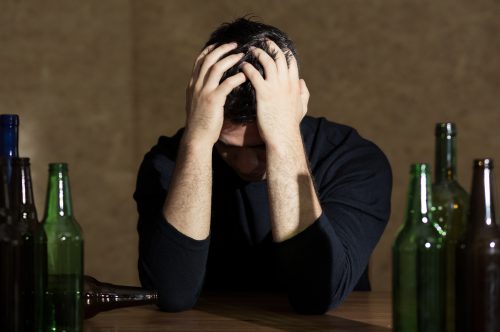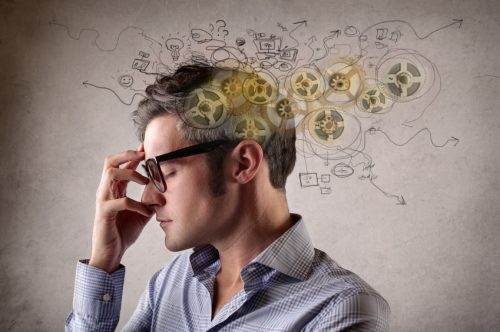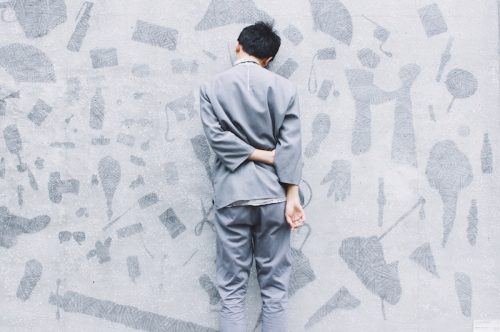Addiction Recovery: Why My Approach Is Trauma-Informed
It’s so hard to watch a loved one struggle with addiction. Whether it’s to using drugs, alcohol, food, pornography gaming, or something else, friends and family often feel helpless and hurt. We grieve losing connection with the person we care about. Why does addiction happen? What can friends or family do? I see addictive behavior… Read more »
Learn More








